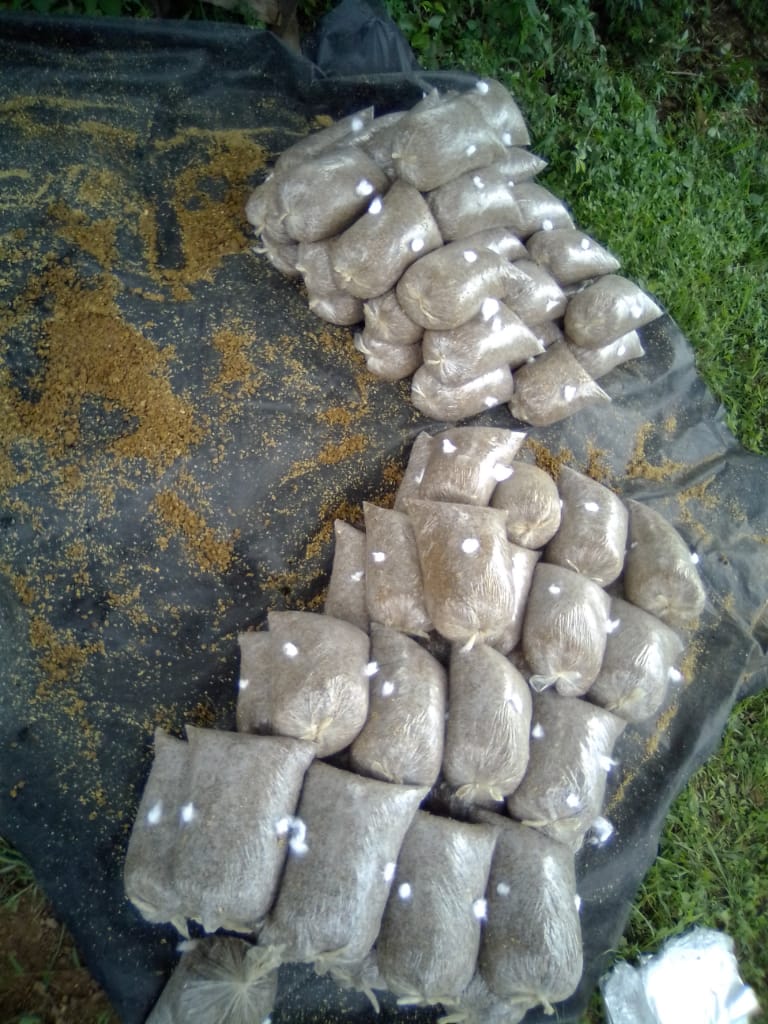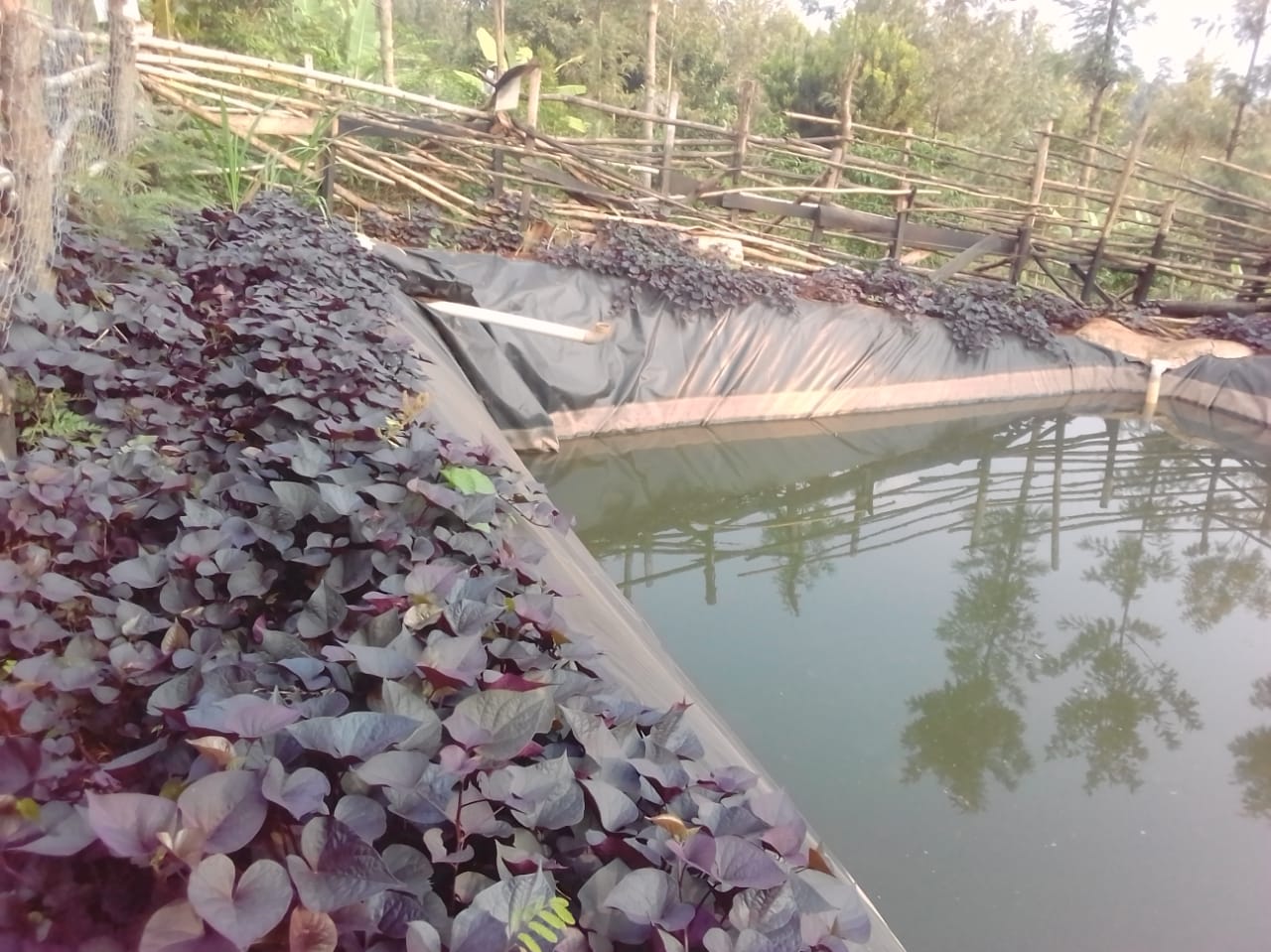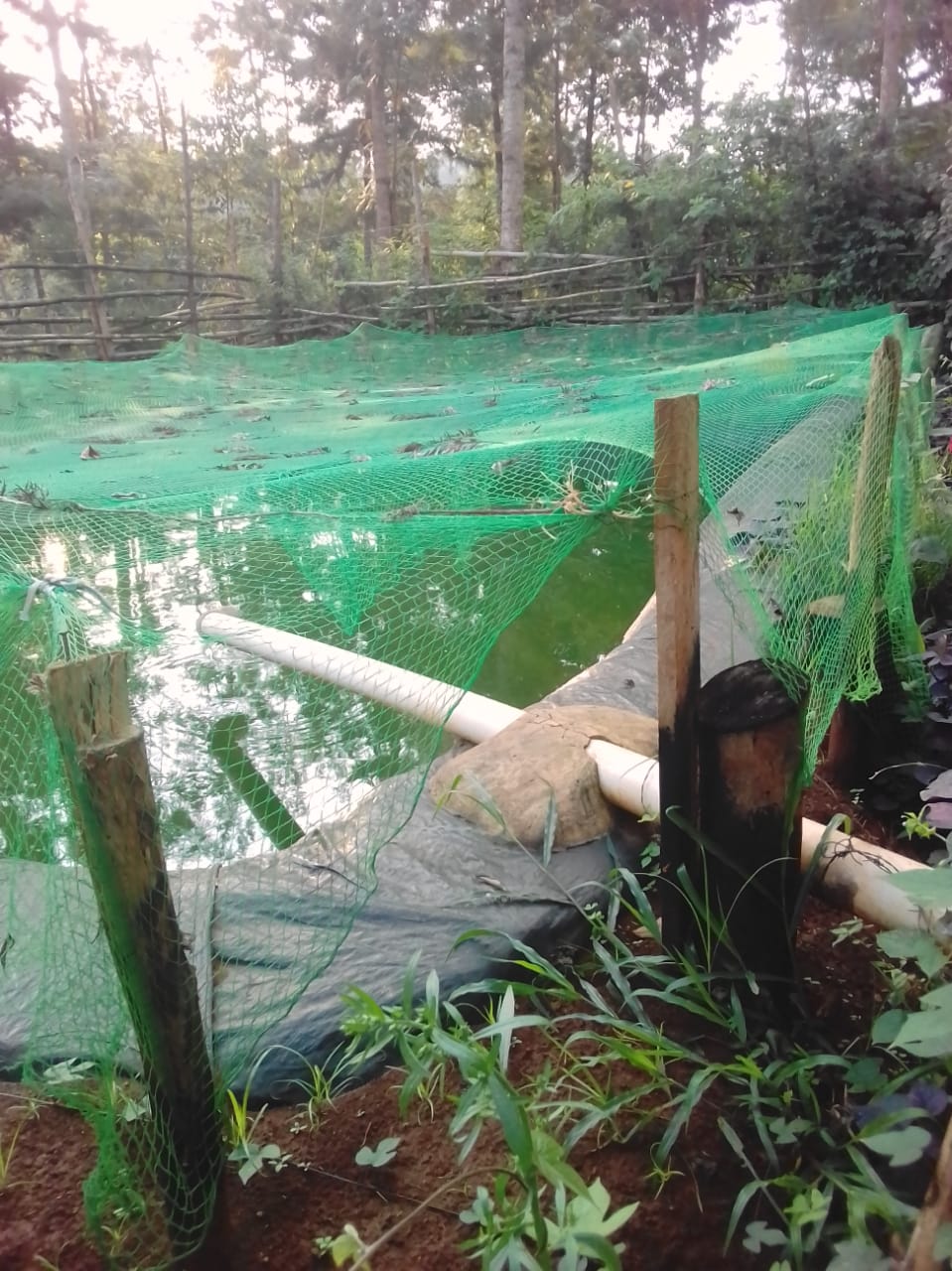Caleb Kiprotich invested four years of his life training to be an urban and regional planner. The result was a degree he obtained from Maseno University in 2017. Two years later, he is het to find a job. Instead, he has opted to do mushroom farming, a crop that is steadily gathering pace as one of the preferred sources of investment in agribusiness with a promise of quick returns.
An eighth acre farm of mushrooms for instance, can produce as much as two tonnes of produce. With a kilogram retailing at an average price of Sh600, this translates to as much as Sh1.2m in sales revenue per season.
According to the National Farmers Information Service (NAFIS), Kenya produces 500 tonnes of mushrooms per year against a demand of 1200 tonnes both in hotels and home consumption. In Kenya mushroom production is valued at Sh340m with large scale producers accounting for 95 per cent of the total production.
“After graduating in 2017, I dropped more than 10 application letters to several offices in Nairobi and other towns but I have been unlucky. The only chance I got was between January and April 2018 when I volunteered at Kericho County department of urban planning,” said Kiprotich.
“In June 2019 I researched online on the most profitable crops to grow in Kenya and came up with a list of three crops, mushrooms, strawberries and passion fruits on farmbiz.glorycarefoundation.org, however I decided to venture into mushrooms because it requires little initial capital investment and uses agricultural waste as substrate for growth,”
Related content
JKUAT introduces new button mushroom variety suitable for warmer areas
Startup making pizza from mushroom looking for farmers to grow the fungus
Company contracts farmers to supply supermarkets with onions, tomatoes, kales, spinach and mushrooms

Mushrooms after spawning at Kiprotich's farm in Kericho
Kiprotich started by constructing a mud grass thatched mushroom house measuring eight meters by four meters using locally available materials at his Kericho home. He then bought four kilos of oyster mushroom spawns (certified mushroom seeds) from Jomo Kenyatta University of Science and Technology at Sh600 per kilo.
He used maize cobs from the 2018 harvesting season as substrate. In this, he crushed the cobs using a machine borrowed from his uncle then soaked it for 24 hours before leaving it to dry for another day.
Kiprotich sterilized the waste using a drum for 12 hours in order to eliminate unwanted organisms and bacteria. After cooling, he filled the substrate in 140 small polyethylene plastic bags measuring nine by 15 inches.
The substrate was composed of 65 to 75 per cent of moisture and the remaining part by agricultural waste.
In this, the polyethylene plastic bags are filled with the substrate (about five kilograms per bag), which is then inoculated with the mushroom spawns (spawns are ‘mixed’ with the substrate). Each garden of about five kilograms of substrate is filled with about 250 grams of spawns. At that time, plastic bags are closed manually.
Following the inoculation process, Kiprotich hanged the mushroom bags are hanged in his locally built (mud walls and thatched roof), darkened mushroom houses for incubation. Ideal humidity of the incubation room is 70 – 75 per cent.
“To maintain humidity in the mushroom house, I place two buckets of water,” said Kiprotich. He also uses methylated spirit to disinfect his hands each time he enters the house.
Currently, Kiprotich’s mushrooms are one week away from harvesting.
“This is a learning process, even though, I am now in the process of identifying the market and if all goes well I will fully venture into mushroom, production as a full time job,” he said.
Harvested mushrooms can be sold fresh, or they can be dried in a solar dryer and packed into plastic bags for sale.
Caleb can be reached on 0726 937 049.
Write comment (0 Comments)

















